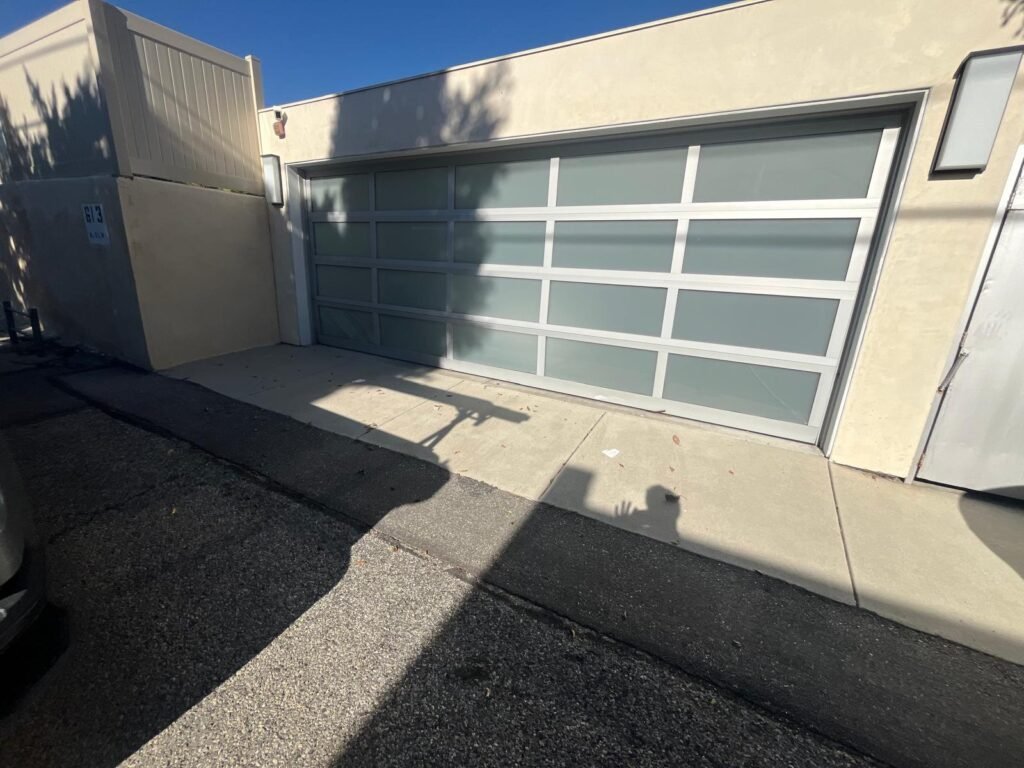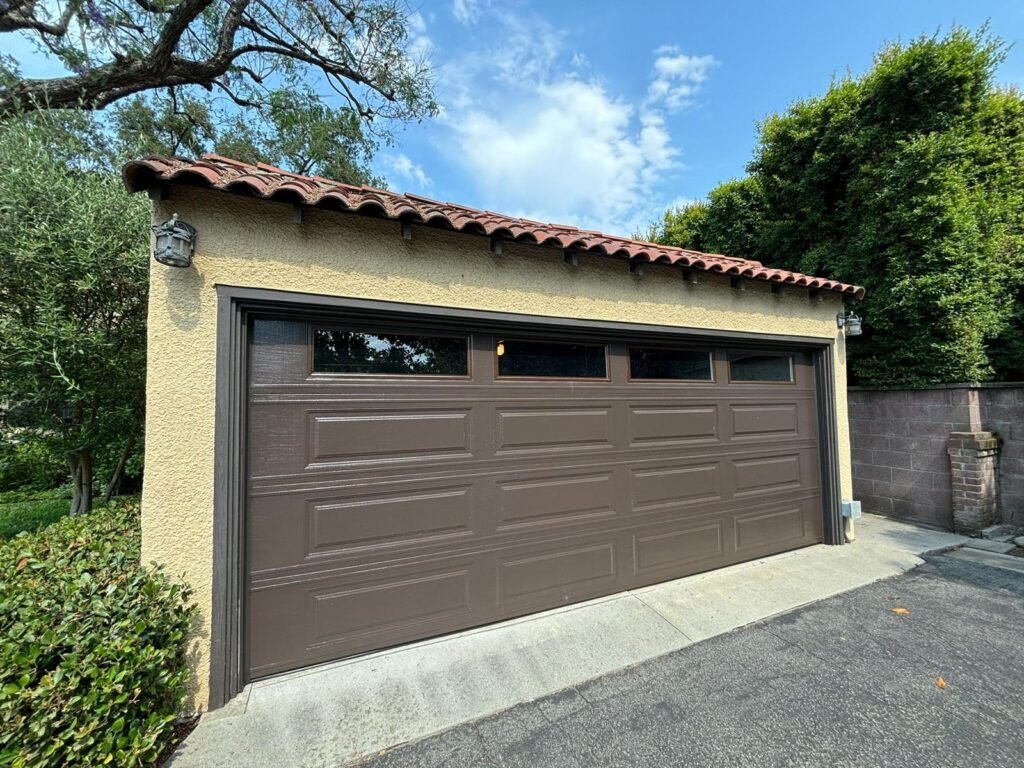

Garage Door Spring Adjustment Frequently Asked Questions
Get information about commonly asked questions from costumers about Spring Adjustment.
Garage Door Spring Adjustment FAQ
What brands of garage door systems does GMR work with for spring adjustments?
GMR works with all major garage door brands including Chamberlain, LiftMaster, Genie, Amarr, Clopay, Wayne Dalton, C.H.I., Raynor, and Overhead Door. Our technicians are certified to work with both residential and commercial systems from these manufacturers, ensuring proper spring adjustment regardless of brand.
What types of garage door springs does GMR service?
GMR services both torsion springs and extension springs. Torsion springs (mounted above the door opening) include standard torsion, EZ-Set systems, and torquemaster springs from Wayne Dalton. For extension springs (mounted along the horizontal tracks), we work with both open-loop and safety-cable equipped systems. We also service specialty springs like double-life torsion springs and oil-tempered wire springs.
What materials and specifications are available for replacement springs?
GMR offers springs in various materials and specifications, including galvanized steel, oil-tempered wire, and powder-coated options. We stock springs in wire sizes from .192 to .273 inches, with inside diameters of 1.75″ or 2″ for torsion systems. Our springs come in multiple lengths and cycle ratings (standard 10,000 cycles up to high-performance 50,000+ cycle options) to match your specific door weight and usage patterns.
What specialty garage door systems can GMR adjust springs for?
GMR technicians are trained to work with specialty systems including high-lift and vertical-lift commercial doors, Wayne Dalton TorqueMaster systems, Clopay EZ-Set torsion systems, carriage house doors with specialized hardware, jackshaft operators like LiftMaster 8500, and heavy-duty commercial sectional doors. We also service springs for rolling steel doors, fire doors, and high-speed doors from manufacturers like Cornell and Rytec.
What equipment does GMR use for professional spring adjustments?
GMR technicians utilize professional-grade equipment including specialized winding bars made of high-carbon steel, precision torque wrenches, spring winding devices like the Spring-Safe tool, digital scales for accurate door weight measurement, and specialized vise grips for securing torsion shafts. For complex systems, we also use manufacturer-specific tools like Wayne Dalton TorqueMaster winders and LiftMaster cable tensioning tools.
What maintenance should homeowners do before contacting GMR for spring adjustment?
Before contacting GMR for spring adjustment, homeowners should visually inspect their garage door system for obvious issues like broken cables, damaged rollers, or bent tracks. Test the door manually (with the opener disconnected) to feel how heavy it is. Lubricate rollers, hinges, and bearings with silicone-based lubricant. Check and tighten any loose hardware on the door panels. Never attempt to adjust or remove springs yourself, as this is extremely dangerous and should only be performed by professionals.
How can homeowners maintain their garage door after a spring adjustment?
After a spring adjustment, homeowners should regularly lubricate moving parts (hinges, rollers, springs) with silicone-based lubricant every 3-6 months. Visually inspect cables, rollers, and hardware monthly for signs of wear. Listen for unusual noises during operation. Keep tracks clean of debris. Test the door balance by disconnecting the opener and manually lifting the door halfway—it should stay in place. Test safety sensors monthly by placing an object in the door’s path. Schedule annual professional maintenance checks to extend the life of your newly adjusted springs.
How do I know if my garage door springs need adjustment rather than replacement?
Signs that your springs need adjustment rather than replacement include: the door opening too quickly or closing too fast, the door not staying open when raised halfway, the door appearing crooked or uneven when operating, or the opener straining to lift the door. If your springs are less than 5-7 years old and show no visible damage, rust, or stretching, adjustment may be sufficient. GMR technicians can assess whether your springs can be safely adjusted or if replacement is necessary for optimal performance and safety.
What safety features does GMR recommend for garage door spring systems?
GMR recommends several safety features for garage door spring systems: safety cables through extension springs to prevent dangerous whipping if springs break; containment cables for torsion springs; spring break devices that lock the shaft if a spring fails; properly adjusted force settings on openers; functioning photo eye sensors; and regular safety inspections. For homes with children, we recommend wall-mounted control panels placed out of children’s reach and wireless keypads with rolling code technology for enhanced security.
How long does a professional spring adjustment from GMR typically last?
A professional spring adjustment from GMR typically lasts 1-3 years depending on usage frequency, door weight, and environmental conditions. Doors used multiple times daily may need adjustments more frequently than those used occasionally. Climate factors like humidity and temperature fluctuations can also affect spring performance. With proper maintenance (regular lubrication and professional check-ups), adjustments can last longer. GMR offers maintenance plans that include periodic spring inspections and minor adjustments to maximize the lifespan of your garage door system.
Request Your Spring Adjustment
Fill out the form below for a fast response.
Contact Information
Hours:
MONDAY – FRIDAY: 7:00 AM – 9:00 PM
SATURDAY & SUNDAY: 8:00 AM – 9:00 PM
Address:
Los Angeles, CA 90036
Schedule Online
Use our calendar to book a convenient time for your Spring Adjustment.

